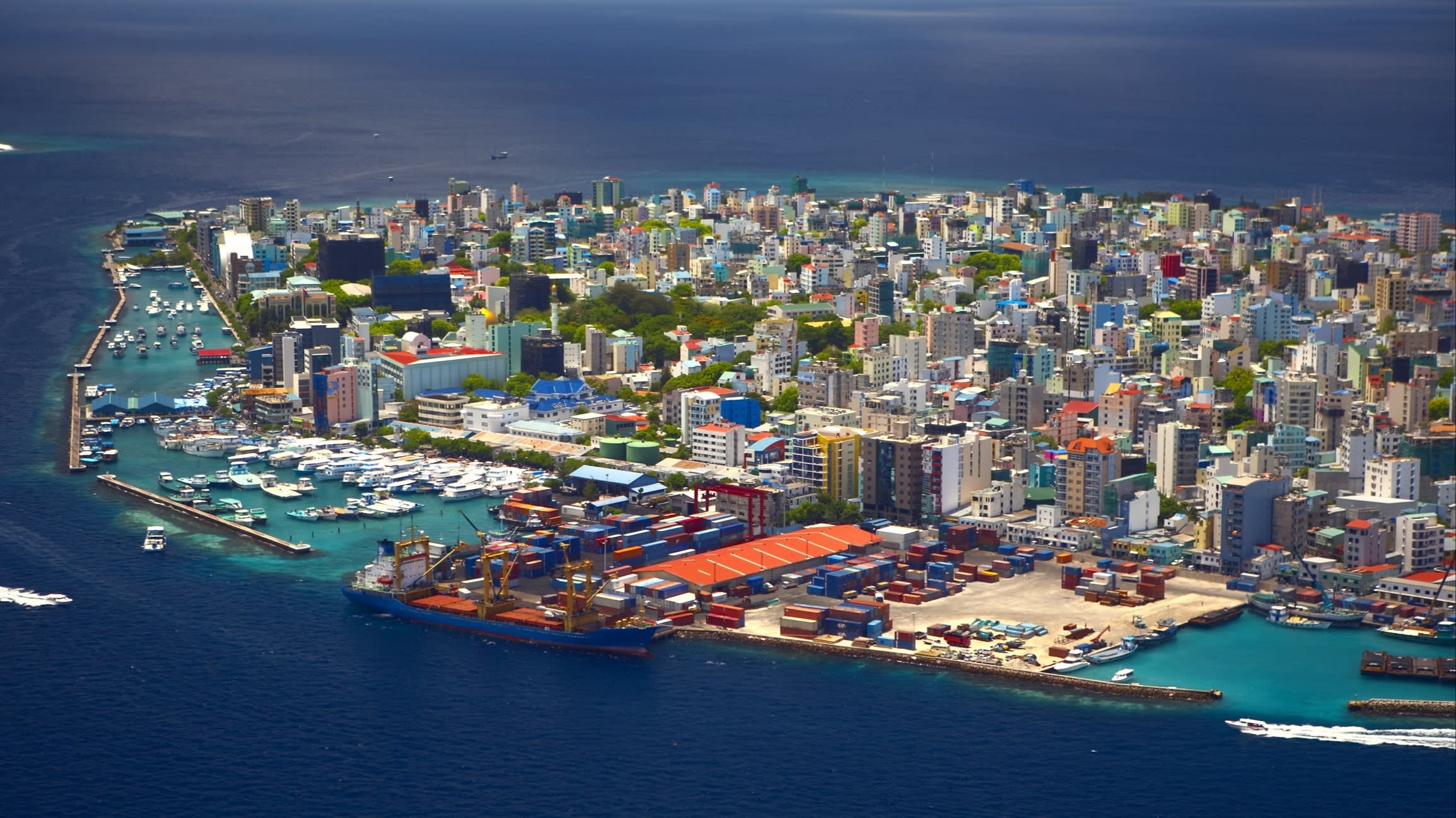
Unlock the Editor’s Digest for free
Roula Khalaf, Editor of the FT, selects her favourite stories in this weekly newsletter.
A Dubai-based family office has announced plans to invest $8.8bn to build a “blockchain and digital assets” financial hub in the Maldives, a scheme the cash-strapped Indian Ocean archipelago hopes will help it through a looming debt crunch.
The planned investment led by family office MBS Global Investments over five years would exceed the Maldives’ annual GDP of around $7bn, but Moosa Zameer, finance minister, said the country needed to “take the leap” to diversify away from tourism and fisheries.
Debt coming due in the next two years was “the biggest challenge that we have”, Zameer told the Financial Times in a video interview, adding that the deal was “something we see as a potential contributor to bring us out of certain difficulties that we are in”.
MBS, which says it manages assets worth approximately $14bn, is the family office of a wealthy Qatari, Sheikh Nayef bin Eid Al Thani. It plans to finance the Maldives investment by tapping its network of family offices and high net worth individuals to form a consortium.
MBS’s chief executive Nadeem Hussain said the phased project could be funded through equity and debt and that firm commitments “north of” $4bn-$5bn had already been secured.
“We appreciated right from the offset what was involved in terms of funding and we’ve made the necessary alliances and brought in the necessary partners to ensure we have that,” said Hussain. “It is a large sum of money.”
MBS and the Maldives government signed a joint venture agreement on the project on Sunday.
According to the project masterplan, the Maldives International Financial Centre will be a 830,000 sq m hub able to host 6,500 people and provide employment for 16,000 in the capital Malé.
A “financial freezone for blockchain and digital assets globally”, it would aim to triple the Maldives’ GDP within four years and generate revenue of “well over $1bn by the fifth year”, the masterplan said.
The announced investment comes only months after India unveiled a $760mn bailout for the Maldives to stave off a possible sovereign default.
In December, rating agency Moody’s noted Maldives’ “external liquidity pressures remain heightened given substantial external debt obligations”, including $600-700mn due this year and around $1bn in 2026, including a $500mn sukuk, a form of debt that follows Islamic strictures against interest.
Zameer acknowledged the role India and China had played as “development partners” to his country, but said the financial centre deal offered a new model.
“With MBS we are getting into business, it’s going to be a business which is totally different from the traditional models of borrowings that we do,” the finance minister said.
The archipelago’s advantages include political stability, good connectivity and proximity to big markets such as India and the Gulf countries. But one senior Indian businessperson said it “won’t be easy” for Malé to become a regional financial centre, particularly given the competition from established hubs such as Dubai and Mauritius.


